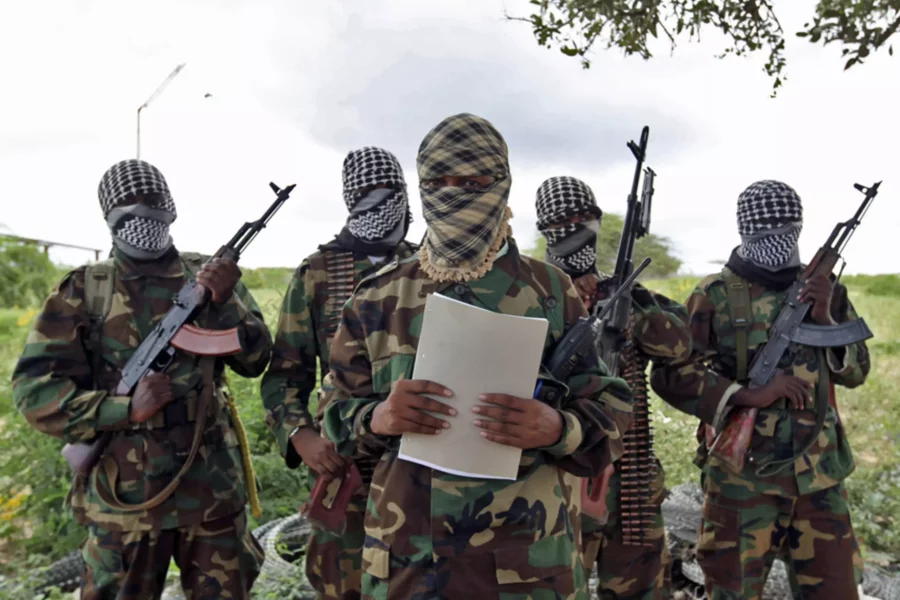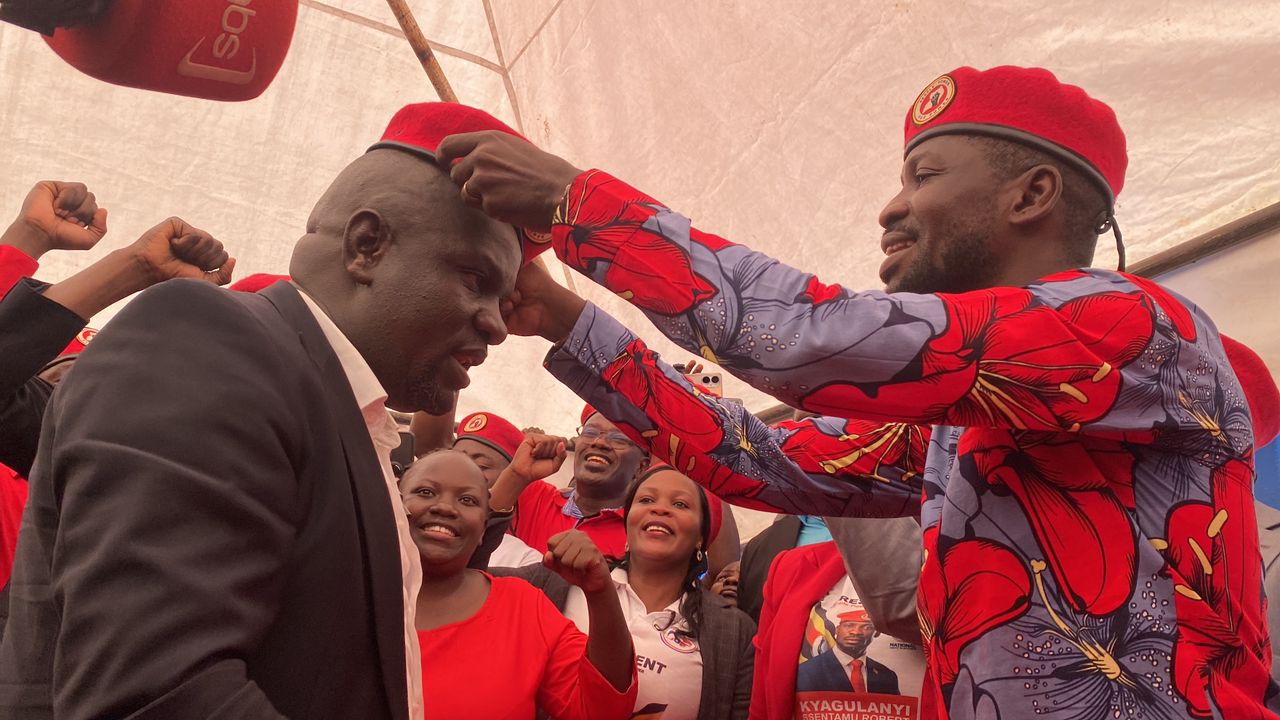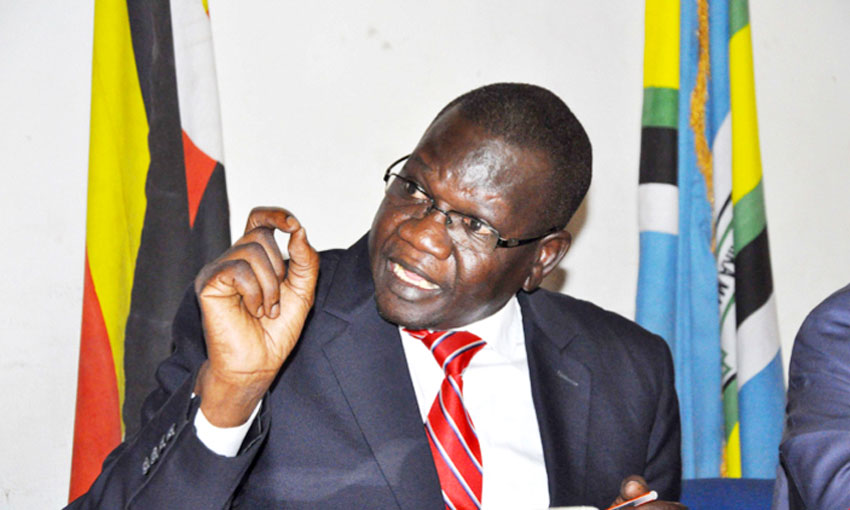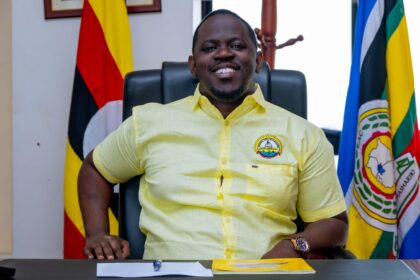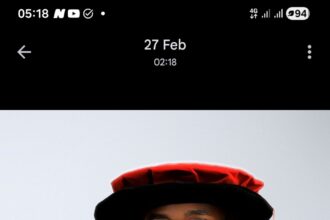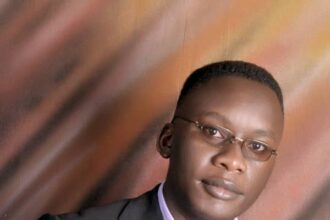For decades, Africa has been having a challenge of rebel/terrorist groups who have played a major role of keeping insecurity alive on the continent.
It’s important to note that the situation in Africa is dynamic whereby the status and activities of these rebel groups have been changing over time. Nevertheless, here are some of the most dangerous rebel groups in Africa as per the 21st century:
Boko Haram
Officially known as Jamā’at Ahl as-Sunnah lid-Da’wah wa’l-Jihād, Boko Haram is a group of the People of’ Sunnah for Dawah and Jihad’. It is an Islamist militant organization based in northeastern Nigeria, which is also active in Chad, Niger, northern Cameroon, and Mali. Boko Haram was the world’s deadliest terror group during part of the mid-2010s according to the Global Terrorism Index. In 2016, the group split, resulting in the emergence of a hostile faction known as the Islamic State’s West Africa Province.
Boko Haram is one of the most notorious extremist groups in Africa. They seek to establish an Islamic state in Nigeria and have been responsible for numerous attacks, suicide bombings, kidnappings, and mass abductions.
It was founded by Mohammed Yusuf in 2002, it was led by Abubakar Shekau from 2009 until his death in 2021, although it splintered into other groups after Yusuf’s death and also in 2015. When the group was first formed, its main goal was to “purify”, meaning to spread Sunni Islam and destroy Shia Islam in northern Nigeria, believing jihad should be delayed until the group was strong enough to overthrow the Nigerian government.
It formerly aligned itself with the Islamic State of Iraq and the Levant. Across Africa, it has been known for its brutality and since the insurgency started in 2009, Boko Haram has killed tens of thousands of people, in frequent attacks against the police, armed forces and civilians. It has resulted in the deaths of more than 300,000 children, displaced 2.3 million from their homes. Boko Haram has contributed to regional food crises and famines.
Lord’s Resistance Army (LRA)
LRA is a Christian extremist organization which operated in northern Uganda, South Sudan, the Central African Republic, and the Democratic Republic of the Congo. It was stated by Joseph Kony in 1987 and goals include establishment of multi-party democracy, ruling Uganda according to the Ten Commandments.
Research has shown that in practice “the LRA is not motivated by any identifiable political agenda, and its military strategy and tactics reflect this. It appears to largely function as a personality cult of its leader Joseph Kony.
The LRA rebel group was listed as a terrorist group by the United States, though it has since been removed from the list of designated active terrorist groups. It has been accused of widespread human rights violations, including murder, abduction, mutilation, child-sex slavery, and recruitment of child soldiers.
Allied Democratic Forces (ADF)
ADF is an Islamist rebel group in Uganda and the Democratic Republic of the Congo (DRC). It is also considered as a terrorist organisation that has terrorized Ugandans mostly. It was originally based in western Uganda but has expanded into the neighbouring DRC.
Since the late 1990s, the ADF has operated in the DRC’s North Kivu province near the border with Uganda. While repeated military offensives against the ADF have severely affected it, the ADF has been able to regenerate because its recruitment and financial networks have remained intact. Some of the attacks it has been blamed for also appear to have been committed by other rebel groups as well as the Congolese Armed Forces.
In 2015, the ADF experienced radicalisation after the imprisonment of its leader Jamil Mukulu and the rise of Musa Baluku in his place. In 2019, the ADF split, with one part remaining loyal to Mukulu, while the other had merged into the Islamic State’s Central Africa Province under Baluku.
This Islamist rebel group has been involved in attacks against civilians, massacres, and abductions. The ADF has been accused of having links to international terrorist organizations.
Al-Shabaab
It’s real names are Harakat al-Shabaab al-Mujahideen, however, it is commonly known as al-Shabaab. This is a Sunni Islamist military and political organisation based in Somalia and active elsewhere in East Africa. It is actively involved in the ongoing Somali Civil War and incorporates elements of Somali nationalism into its Islamist cause. Allegiant to the militant pan-Islamist organization al-Qaeda since 2012, it has also been suspected of forging ties with al-Qaeda in the Islamic Maghreb, and al-Qaeda in the Arabian Peninsula.
It was formed in the mid-2000s as part of the Islamic Courts Union, al-Shabaab came to prominence during the 2006–2009 Somalia War, during which it presented itself as a vehicle for the waging of armed resistance against Ethiopia.
In subsequent years, it gained popular support from Somalis and became a dominant force in south and central Somalia, defending large swathes of territory by fighting against the African Union Mission to Somalia and the Federal Government of Somalia, as well as the latter’s transitional predecessor.
The group has also frequently clashed with the Somali Sufi militia Ahlu Sunna Waljama’a as well as with the Islamic State in Somalia. Al-Shabaab gained international prominence due to its recruitment of foreign fighters, including fighters who are from Western countries. Countries including the United States, the United Kingdom, and the United Arab Emirates have designated it as a terrorist organization, and the United States has militarily intervened in order to fight against the group. It has carried out frequent attacks, including suicide bombings, and has expanded its activities into neighbouring Kenya.
Niger Delta Avengers (NDA)
It is a militant group in the Niger Delta region of Nigeria. It publicly announced its existence in March 2016.
The NDA is known for attacking oil-producing facilities in the deltas, causing the shutdown of oil terminals and a fall in Nigeria’s oil production to its lowest level in twenty years. The attacks caused Nigeria to fall behind Angola as Africa’s largest oil producer. The reduced oil output has hampered the Nigerian economy and destroyed its budget since Nigeria depends on the oil industry for nearly all its government revenues.
Its formation was to create a sovereign state in the Niger Delta and has threatened to disrupt Nigeria’s economy if its aims are not met. The NDA claims its members are “young, educated, well travelled and educated in east Europe. The group criticised the President of Nigeria, Muhammadu Buhari, for having never visited the delta and his detention of the Biafran independence activist Nnamdi Kanu.
The NDA’s leadership is not known since many local leaders have acted as spokespersons to the government. Which has made it difficult for the government to make meaningful contact with the group. Additionally, many Niger Delta militant groups have sprung up in the wake of the NDA’s 2016 actions. These copycat organizations have contested claims of various acts against numerous oil companies originally attributed to the NDA.
The most prominent of these splinter groups has been the Reformed Niger Delta Avengers (RNDA), whose similarity of name has caused confusion both inside and outside the country but is not affiliated with the NDA.
The Janjaweed
Is a Sudanese Arab militia group that operates in Sudan, particularly in Darfur, and eastern Chad. It has also been speculated to be active in Yemen. According to the United Nations definition, Janjaweed membership consists of Sudanese Arab tribes, the core of whom are from the Abbala Arabs, traditionally employed in camel herding, with significant recruitment from the Baggara, who are traditionally employed in cattle herding however other recruitments from other tribes have also been noticed.
Janjaweed nomads were initially at odds with Darfur’s sedentary population due to competition over natural grazing grounds and farmland, a conflict exacerbated by dwindling rainfall and drought. The Janjaweed were a major player in the Darfur conflict between 2003 and 2020, in opposition to the Sudan Liberation Movement/Army and the Justice and Equality Movement rebels. In 2013, the Rapid Support Forces grew out of the Janjaweed. They have been involved in ethnic cleansing, mass killings, and other human rights abuses during the Darfur conflict.
Do you have a story in your community or an opinion to share with us: Email us at Submit an Article



